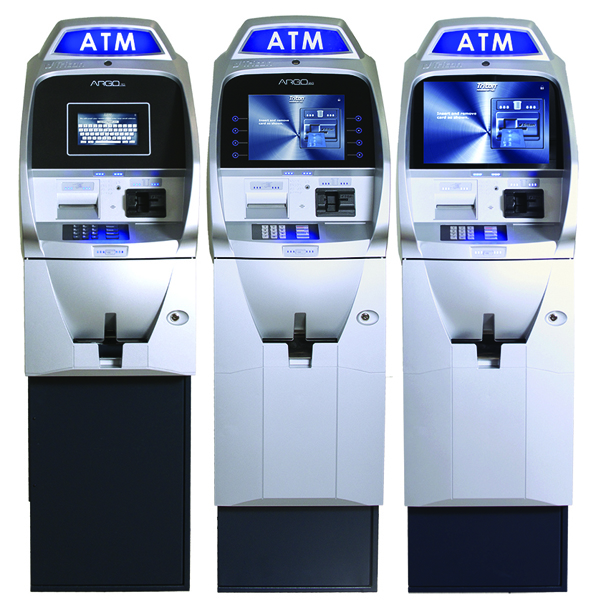Long Beach-based plant produces industry-leading equipment
In 1979, Triton Systems was founded by Ernest Burdette, Frank Wilem, and Robert Sandoz, who developed and manufactured advanced electronic systems. The Long Beach company quickly established a reputation as a reliable source for unique, low-powered electronic devices, serving notable clients such as GE, Exxon, Magnavox, and the U.S. Navy.
Triton capitalized on an opportunity to diversify in 1984 when a local bank expressed interest in a training device for customers unfamiliar with the new automated teller machines (ATMs). This led to the creation of the ATMjr. Demonstrator, the first battery-powered, portable ATM training device.
The initial success of that machine paved the way for additional product lines geared toward financial institutions and the broader ATM industry. This innovation culminated in the launch of Triton’s first true ATM for the U.S. retail market, the Triton MiniATM, in 1994, according to Vice President of Sales and Marketing, James Phillips. From that beginning, other ATM models were created and produced.
“Using a manufacturer from another country can seem less expensive but comes with challenges such as cookie cutter products, language barriers, shipping delays, tariffs, tax issues and unpredictable quality standards,” said Phillips. “Choosing Triton, a full-service domestic manufacturer, eliminates these challenges. Customers have peace of mind knowing they are dealing directly with the factory that produces their product right here in the U.S.”
Approximately 100 employees work at the Long Beach plant. The current owner, Triton Systems of Delaware, LLC, is privately held by CEO Daryl Cornell.
“We have shipped over 300,000 ATM installations to 30 countries and territories around the world,” says Marketing Director Nancy Lewandrowski. “We have also expanded beyond ATMs and into the smart safe industry with our VersaSafe platform. We also provide custom manufacturing solutions.”
Triton’s Long Beach facility spans 90,000 square feet and accommodates all company departments where they design, test, and assemble every Triton ATM on site.
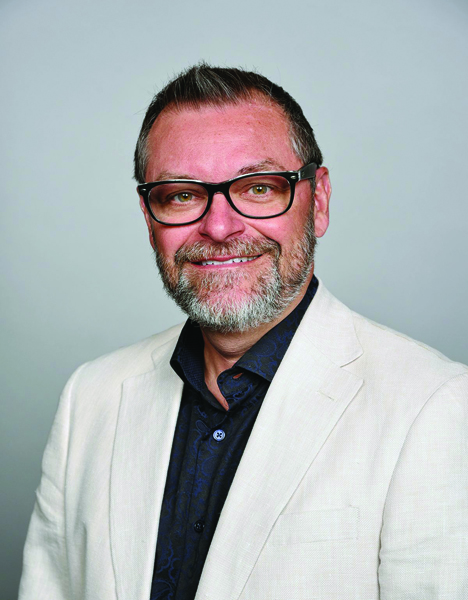
“The VersaSafe is a fast, secure, and accurate smart safe system designed for cash-intensive environments,” said Phillips. “It enables retailers to quickly secure cash while significantly reducing both internal and external shrinkage by eliminating cash handling touch points, all while optimizing armored car visits. The float time associated with cash deposits is reduced to less than 24 hours.”
ATMGurus was established by Triton in 2009 as a company specializing in spare parts, bench repairs, and training services. “Our focus is primarily on Triton ATMs, but we also service competing brands within the retail sector and even components used in car washes and laundromats,” said Phillips.
The company also accepts certain ATM models for trade-ins, and fully refurbish used ATMs for customers seeking cost-effective solutions. There’s a Customer Warehoused Inventory option for those looking to minimize their on-hand inventory, as well as a bulk repair program that offers discounts for large repair needs. Training classes cover both Triton and competing ATMs, emphasizing the training of field service technicians.
Lewandrowski said the ATM industry has experienced a slowdown since installations peaked around 2018-2019, just before the Covid pandemic led to a decline in installations due to business closures. “Although monthly transaction volumes at ATMs have slightly decreased over the years—partly because of the rise in tap-and-go cards—there remains a significant number of people who are underbanked or unbanked and rely on cash to manage their monthly budgets,” she added. “Additionally, various global tragedies, such as hurricanes, fires, and floods, highlight the ongoing importance of having easy access to cash. Triton will always support customer payment choice for all payment methods including cash.”
Triton recognizes the importance of security for its customers and prioritizes making sure Triton ATMs have the highest level of protection. “As risks advance, it becomes increasingly challenging for the industry to stay ahead of criminal activities,” said Phillips. “Securing ATMs involves more than just the physical unit; it also encompasses software, hardware, and internet connectivity. Currently, Triton ATMs operate on a proprietary, locked-down operating system, making them the most secure ATMs in the industry.”
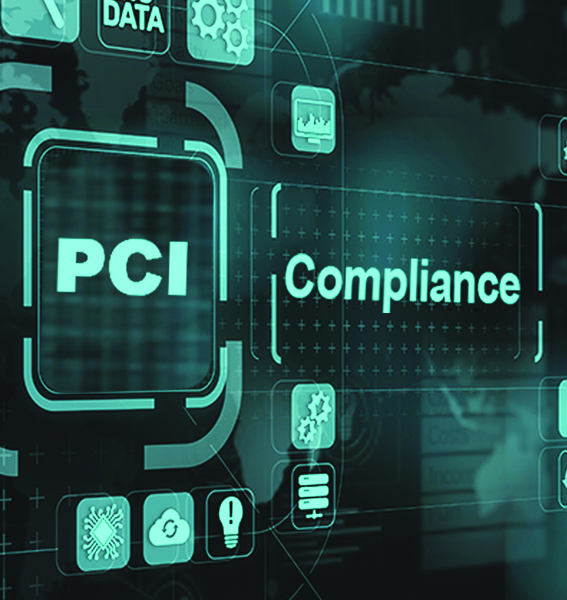
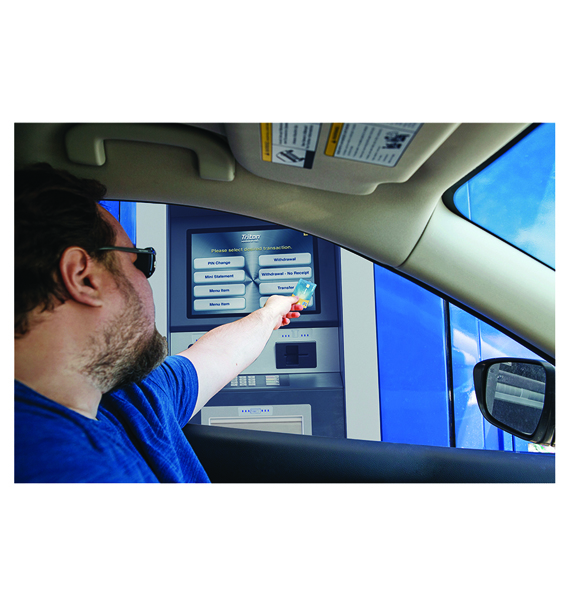
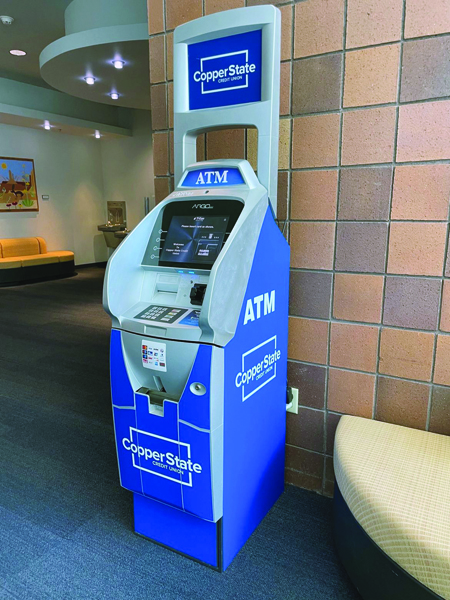
ATMs are getting more sophisticated. A popular model for retail customers is the ARGO 12.0 ATM that features a 12.1-inch customer display with capacitive touch function keys that are illuminated with an appealing blue backlight. It offers a variety of dispenser options, ranging from a 1,000-note capacity up to an 8,000-note capacity. Customers can also select from a range of options, including different locks, cabinet security features, cameras, communication methods, printer sizes, and contactless readers.
Phillips said the ARGO FT through-the-wall ATM is the preferred model for financial customers. This ATM can be configured for drive-up or walk-up access and is suitable for installation in either an interior or exterior wall or in a kiosk for drive-up lanes.
“Triton’s competitive advantage in the ATM industry is decades of support,” he said. “Unlike our competitors, we don’t operate using planned obsolescence or require that Triton ATMs be updated or replaced with every new Windows version.”


